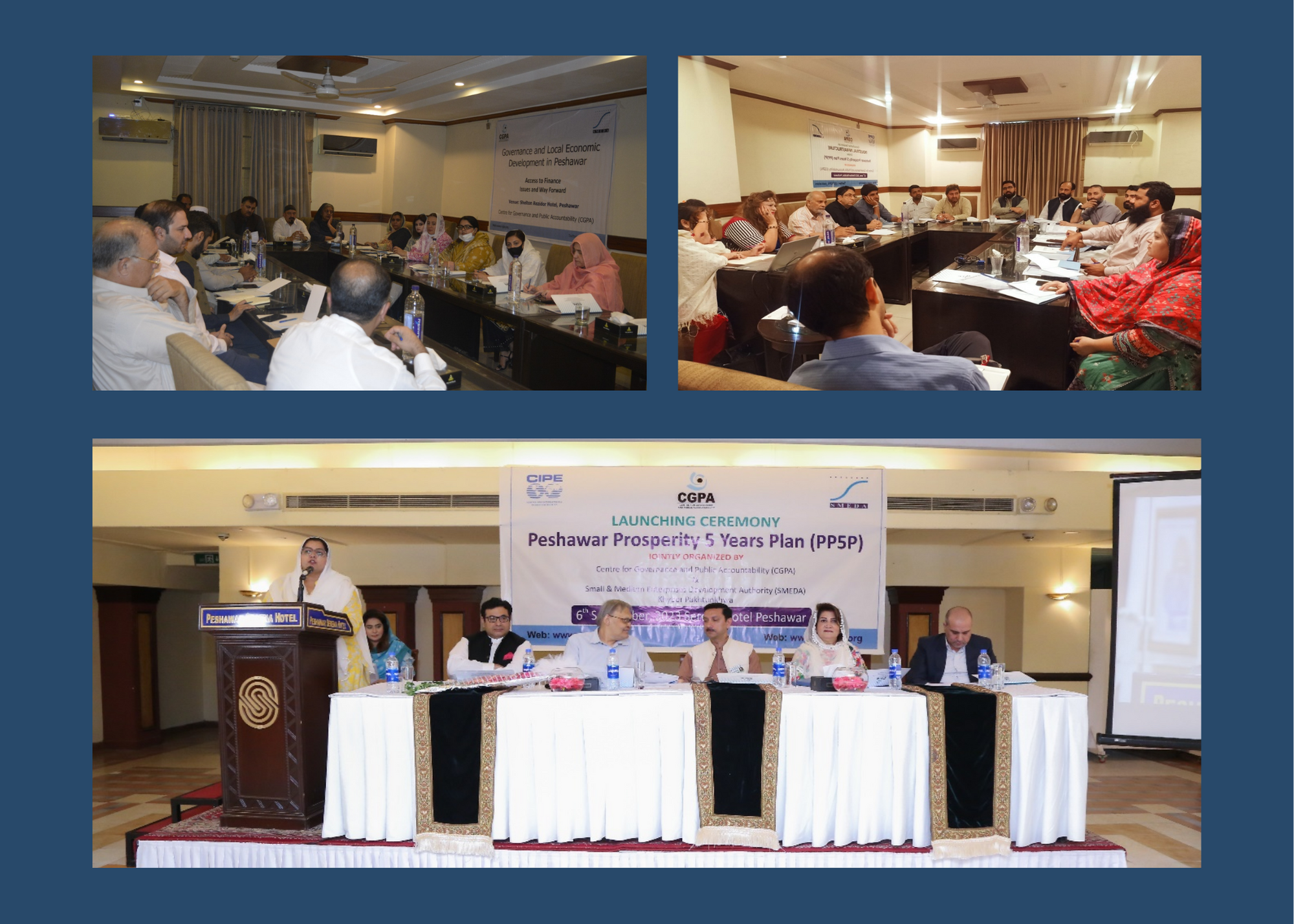Pakistan contends with governance breakdowns and economic crises that necessitate safeguarding civic space for discourse on locally-grounded reforms. While the operating environment remains uncertain, provincial governance innovations demonstrate openings for participatory policymaking anchored in insights from dynamic entrepreneurial communities and economic thinktanks.
In Pakistan, CIPE advocates for legal, regulatory and institutional reforms to strengthen democratic governance and market-oriented reform. Having successfully advocated for legalizing women’s chambers in Pakistan as part of its contribution to the 2007 Trade Organizations Ordinance (TOO), CIPE now catalyzes partnerships with dedicated civil society groups and economic forums to champion participatory governance and enterprise growth amid challenging conditions. Initiatives include capacity building of women’s chambers, assisting female leaders in addressing systemic barriers to participation, and nurturing transparent institutions grounded in real world experiences and accountable to enterprising citizens.
Overall, through sustained multi-stakeholder initiatives and Public-Private Dialogues (PPD), CIPE aims to nurture transparent, participatory institutions that unlock economic vibrancy and inclusive growth. CIPE initiatives convene stakeholders across sectors to champion governance reforms anchored in the real-world experiences of business communities and policymaking driven by integrity. By amplifying entrepreneurial voices and coalescing partners for participatory policymaking, CIPE aims to tap into Pakistan’s immense promise – a system of governance that is accountable to dynamic citizens and can unlock equitable growth.

Featured
Additional Resources
- Against the Norm? Populism and the Coronavirus in Pakistan
- Restarting Pakistan’s Economy: Focus on the People, not the Stats
- Pakistan: A Struggling Economy Destroyed by COVID-19
- Democracy that Delivers #198: Economic Impact of COVID-19 on Pakistan’s Economy
- Gender Inclusive Policy Reforms in Pakistan – Progress Since 2017
- Synergizing Sub-National Stakeholders on Governance and Accountability – Lessons from Pakistan
- Pakistani Businesses Consider CPEC Projects Non-Participatory
- Survey of Corporate Governance Practices in Pakistan

